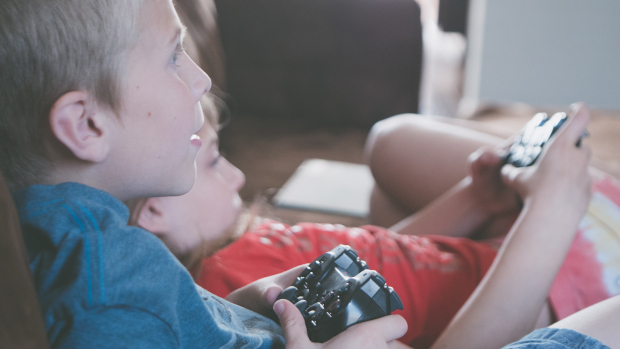
Majority of kids playing online games with strangers – CyberSafeKids
One in three pre-teens are playing online with people they don’t know, according to new figures published today in the annual report of children’s Internet safety charity CyberSafeKids. Online gaming is played by 80% of 8-12 year olds according to the research, with the numbers playing with strangers up 16% compared to 2020.
The survey also found that 61% of children reported that they had been contacted by a stranger in an online game with more boys reporting this than girls (68% of boys versus 56% of girls).
Most the children surveyed (84%) reported using social media and instant messaging apps, despite minimum age restrictions on all of the popular apps of at least 13 year-of-age. The most popular apps were YouTube (74%), TikTok (47%), WhatsApp (39%) and Snapchat (37%).
A third (32%) of the children using social media are posting videos of themselves online. TikTok is by far the most popular platform for video sharing, with 80% of those children who post videos, posting on TikTok.
CyberSafeKids surveyed 3,904 children aged between 8 and 12 in schools over the last academic year and found that 93% owned their own smart device. This means that the vast majority of children own a device that connects to the Internet and that many are active online.
CyberSafeKids’ CEO, Alex Cooney said: ”In a year of Covid-19 lockdowns we are seeing huge numbers of pre-teens owning devices and being active online. Unfortunately, a significant number of children are having negative experiences, including 29% of children reporting at least one bullying experience.
“Whilst online gaming is clearly a hugely popular pursuit for this age group it also poses risks, with over one third of children playing games with strangers and a notable increase on last year.
A national campaign is needed to provide parents and teachers with the information and support they need to help ensure children have safe and positive experiences online. The proposed Online Safety and Media Regulation Bill must give users greater powers over content that has caused them harm and provide a stronger incentive to social media and gaming platforms to remove such content quickly and efficiently.”
In terms of parental engagement, the report highlights positive trends, with 79% of children reporting regular conversations with parents and carers, which could be attributed to both increased awareness and families spending more time together under one roof. The report also highlighted that whilst most children reported having some rules in place at home around rules and access, almost a third (30%) said that they could ‘go online whenever I want’ and 13% said ‘there are no rules’.
The survey also asked children if they had seen something online that they wouldn’t want their parents to know about and almost a quarter (22%) said ‘yes’. They were also asked if they ever came across content online that upset or scared them and a quarter reported that they had. The report found that of those children that had encountered disturbing content online, most children (54%) had reported it to a parent or trusted adult but 30% of children said that they had kept it to themselves, a 10% increase on last year’s data.
In terms of its impact on schools, the report highlights that most teachers (61%) deal with online safety incidents like cyberbullying in their classrooms and that 79% of teachers think online safety is a significant issue in their school.
TechCentral Reporters








Subscribers 0
Fans 0
Followers 0
Followers